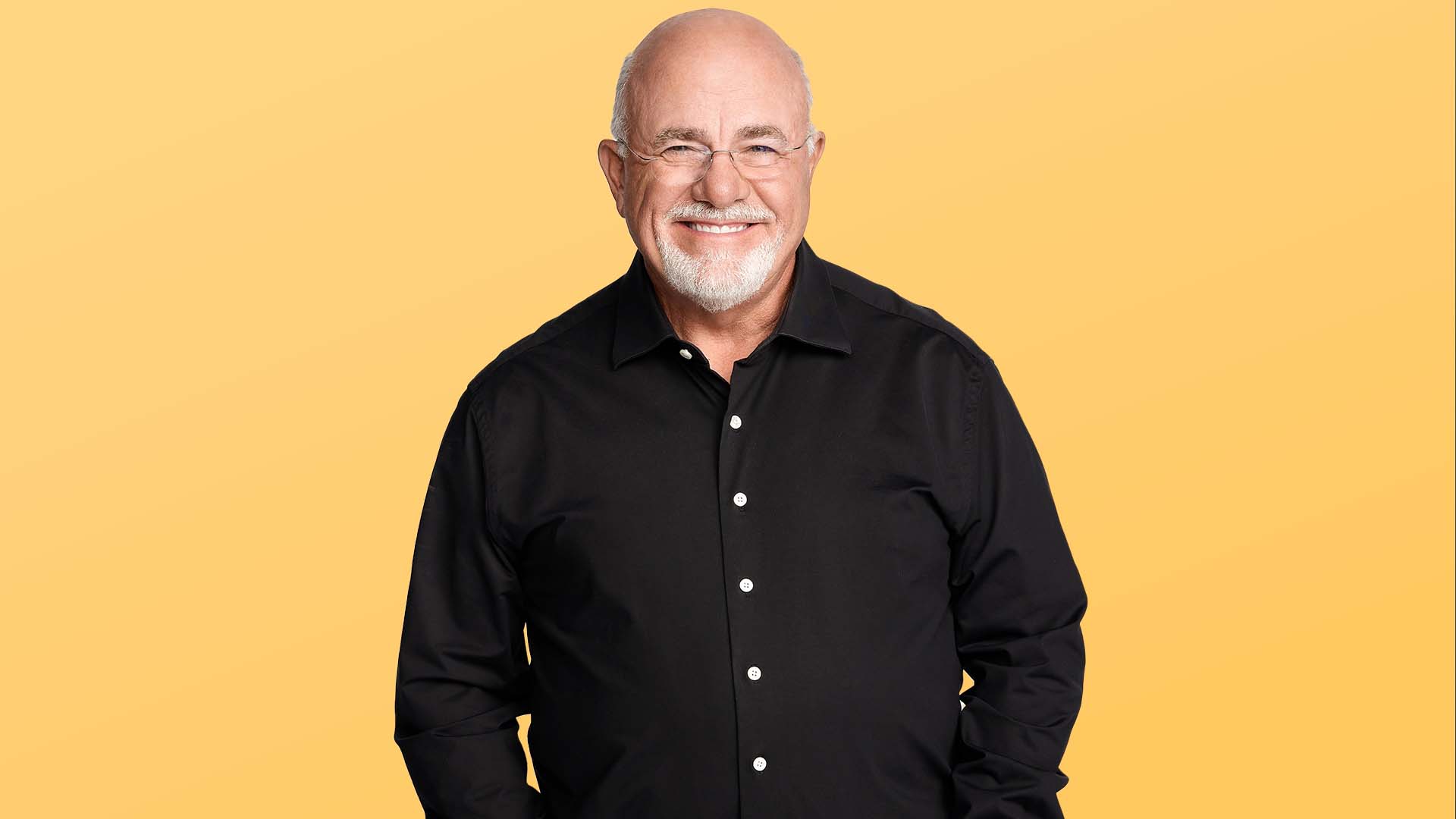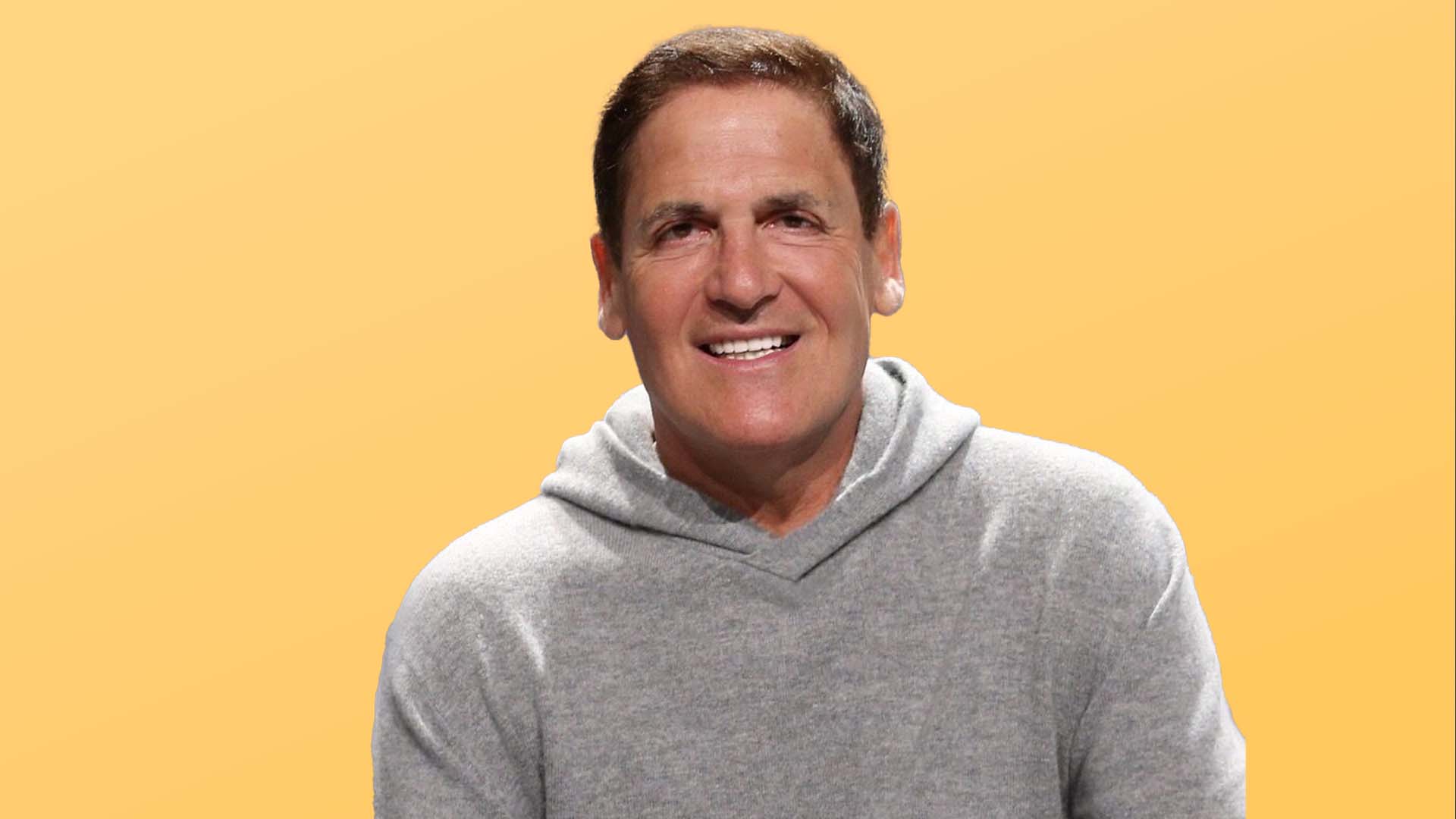4 Moves to Make if You Can’t Pay All Your Bills this Month

Commitment to Our Readers
GOBankingRates' editorial team is committed to bringing you unbiased reviews and information. We use data-driven methodologies to evaluate financial products and services - our reviews and ratings are not influenced by advertisers. You can read more about our editorial guidelines and our products and services review methodology.

20 Years
Helping You Live Richer

Reviewed
by Experts

Trusted by
Millions of Readers
You sit at your coffee table in a panic. The cold sweat beads on your forehead and a shiver races down your spine. No, you’re not watching a classic horror flick — you’re reviewing your finances for the month. There’s no blaming the Wolfman or Freddy Krueger for your dread. The scary truth is, you can’t pay your bills. You imagine your life spiraling into doom, and it feels like there’s nothing you can do about it.
Okay, time to take a deep breath. Relax. You’re not the first person this has happened to. Experts like financial educator Prince Dykes, founder of the Royal Financial Investment Group and the Global Children Financial Literacy Foundation, and host of “The Investor Show,” have helped many people navigate this exact situation.
GOBankingRates spoke to Dykes as part of our Top 100 Money Experts series, and he wants you to know: You’re not doomed. There are steps you can take to triage the immediate crisis while also setting yourself up for a better financial future.
Time To Plan, Not To Panic
Yes, ending up in this position may mean you’re living beyond your current means. But sometimes, life simply happens. A job loss, surprise medical expense, or emergency car repair can throw even a well-balanced budget into chaos. Dykes says now’s not the time for guilt — it’s time for action.
“Don’t panic or make rushed decisions,” he says. Instead, take a deep breath and start with a full accounting of your financial picture. List every bill you owe, including due dates, amounts, and how essential each one is to your livelihood — and compare that to how much cash you have on hand.
“Calculate the precise shortfall. This gives you a clear picture of what you’re working with instead of operating on fear or assumptions,” Dykes explains. “Knowledge is power in financial crises. Cut any unnecessary bills and consider downsizing them. Work out a payment plan for the bills you are behind on.”
Part of working out a payment plan may involve picking up the phone and calling your creditors. Many will work with you, especially if you reach out before a payment is late. When you call, ask about extended due dates, revised payment plans, or even temporary hardship programs. You may be surprised by how much flexibility they offer.
Prioritizing Can Be a Key to Success
When deciding which bills you absolutely must pay first and which ones you can delay or negotiate, Dykes says to focus first and foremost on what keeps you housed, fed and employed. That means rent or mortgage, utilities, food, transportation, medications, and, if applicable, internet access for work.
Of course, you won’t love taking the hit on your credit score, but you can remedy that later. In a true cash-flow emergency, your credit score should not come before your basic human needs.
That said, credit card companies are often willing to negotiate. Call your provider and ask about hardship programs. Likewise, you may find that student loan providers are willing to offer deferment or forbearance, especially if you’ve previously had a good payment history.
While nobody relishes the idea of being in medical debt, Dykes adds that, since medical bills are rarely reported to credit bureaus immediately, you could let that one slip for a month to give yourself some breathing room.
As for gym memberships, streaming services, and other subscriptions? Cancel or pause them now. “If you’re not using them, it’s probably time to cut ’em,” Dykes says.
Even your cable and internet might fall into this category, unless you need it for work or school, in which case, you’ve got to prioritize it.
Avoiding Long-Term Damage
The best way to avoid falling behind on your bills is to get ahead of the problem. Track your expenses closely so you can spot trouble before it snowballs.
“Contact creditors before missing a payment — they’re more willing to work with proactive customers,” Dykes says. And whatever arrangements you agree to, get them in writing.
Above all, don’t dig the hole even deeper by taking on high-interest “quick fixes” like payday loans. These may seem like a solution, but they typically only worsen your situation.
Instead, look into local resources, like utility assistance programs, food banks or nonprofit credit counselors who can help you make a longer-term plan that will get you back on solid financial ground.
Keep Your Spirits Up
These resources exist for good reason — you’re hardly the first person to need help, and you won’t be the last. Dykes reminds readers that financial setbacks are common — and usually temporary.
“The key is being proactive rather than reactive, and treating this as a problem to solve rather than a personal failure,” he said.
Reach out to trusted friends or family members if you need emotional support. Chances are, they’ve been through tough times too.
Bottom Line
Everyone hits financial rough patches. But staying calm, prioritizing wisely and reaching out for help can make all the difference in getting back on your feet — stronger and more confident than before.
This article is part of GOBankingRates’ Top 100 Money Experts series, where we spotlight expert answers to the biggest financial questions Americans are asking. Have a question of your own? Share it on our hub — and you’ll be entered for a chance to win $500.
 Written by
Written by  Edited by
Edited by  Money Expert
Money Expert 











































































































